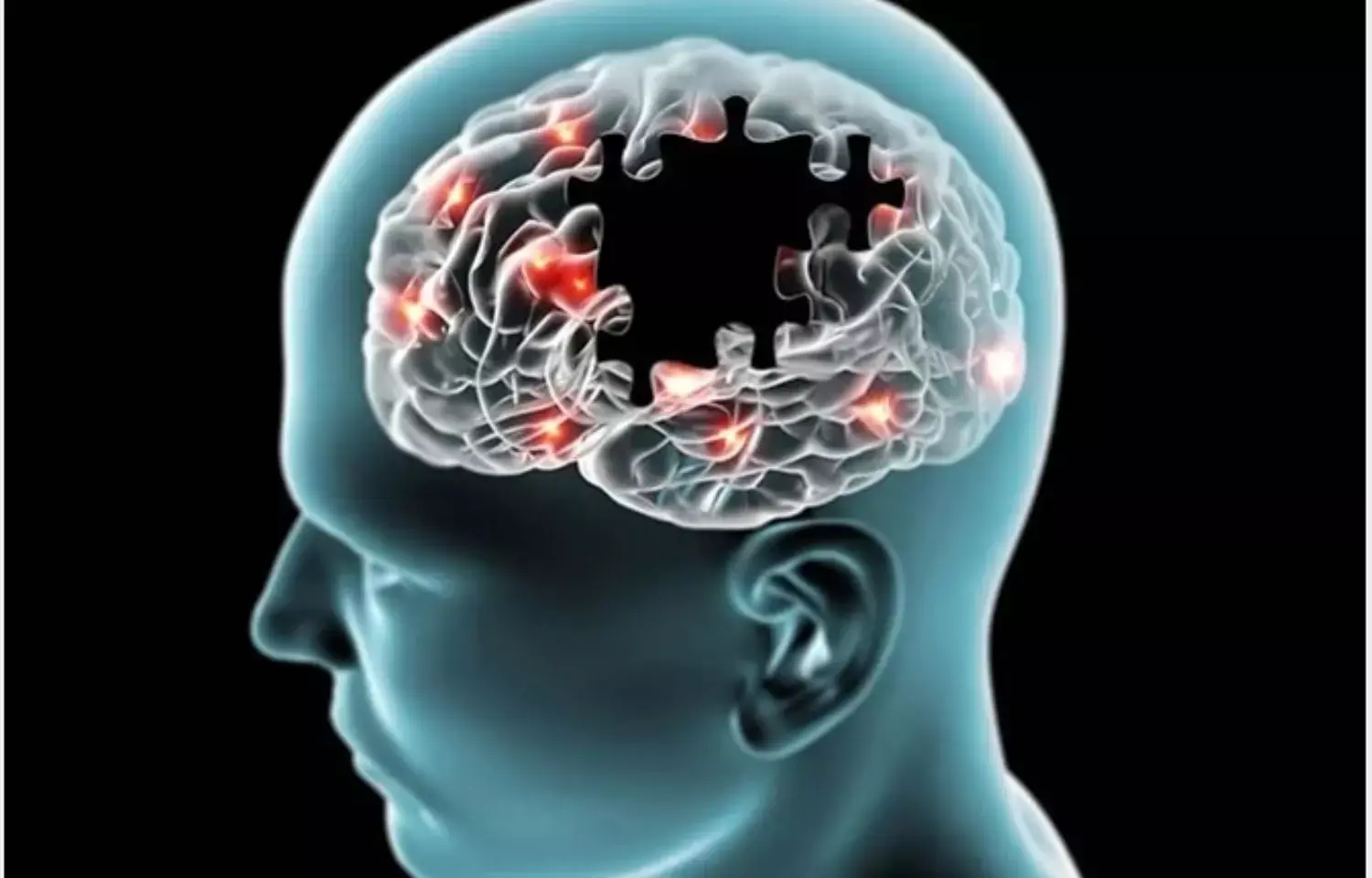- Home
- Medical news & Guidelines
- Anesthesiology
- Cardiology and CTVS
- Critical Care
- Dentistry
- Dermatology
- Diabetes and Endocrinology
- ENT
- Gastroenterology
- Medicine
- Nephrology
- Neurology
- Obstretics-Gynaecology
- Oncology
- Ophthalmology
- Orthopaedics
- Pediatrics-Neonatology
- Psychiatry
- Pulmonology
- Radiology
- Surgery
- Urology
- Laboratory Medicine
- Diet
- Nursing
- Paramedical
- Physiotherapy
- Health news
- Fact Check
- Bone Health Fact Check
- Brain Health Fact Check
- Cancer Related Fact Check
- Child Care Fact Check
- Dental and oral health fact check
- Diabetes and metabolic health fact check
- Diet and Nutrition Fact Check
- Eye and ENT Care Fact Check
- Fitness fact check
- Gut health fact check
- Heart health fact check
- Kidney health fact check
- Medical education fact check
- Men's health fact check
- Respiratory fact check
- Skin and hair care fact check
- Vaccine and Immunization fact check
- Women's health fact check
- AYUSH
- State News
- Andaman and Nicobar Islands
- Andhra Pradesh
- Arunachal Pradesh
- Assam
- Bihar
- Chandigarh
- Chattisgarh
- Dadra and Nagar Haveli
- Daman and Diu
- Delhi
- Goa
- Gujarat
- Haryana
- Himachal Pradesh
- Jammu & Kashmir
- Jharkhand
- Karnataka
- Kerala
- Ladakh
- Lakshadweep
- Madhya Pradesh
- Maharashtra
- Manipur
- Meghalaya
- Mizoram
- Nagaland
- Odisha
- Puducherry
- Punjab
- Rajasthan
- Sikkim
- Tamil Nadu
- Telangana
- Tripura
- Uttar Pradesh
- Uttrakhand
- West Bengal
- Medical Education
- Industry
Investigational test may detect Alzheimer's disease at early stages

Currently, the only accurate diagnosis of Alzheimer's disease is through postmortem analyses after a patient dies, but investigators have now developed a highly sensitive method for quantifying levels of tau protein-a hallmark of the condition-in cerebrospinal fluid surrounding the brain and spinal cord.
The method, which relies on optical sensors and what's called "lab-on-fiber" technology, is described in a study published in Advanced Photonics Research and it can detect even slightly elevated levels of tau protein that may occur in the very early stages of Alzheimer's disease.
"Lab-on-fiber technology has been advancing in recent years, and its combination with nanometer-scale functional materials can be applied to small-volume samples for highly sensitive detection of molecules at low levels, thereby having potential for early screening and personalized medicine," said lead author Francesco Chiavaioli, PhD, MEng, of the National Research Council of Italy.
Reference:
Chiavaioli, F., Santano Rivero, D., Del Villar, I., Socorro-Leránoz, A.B., Zhang, X., Li, K., Santamaría, E., Fernández-Irigoyen, J., Baldini, F., van den Hove, D.L.A., Shi, L., Bi, W., Guo, T., Giannetti, A. and Matias, I.R. (2022), Ultrahigh Sensitive Detection of Tau Protein as Alzheimer's Biomarker via Microfluidics and Nanofunctionalized Optical Fiber Sensors. Adv. Photonics Res. 2200044. https://doi.org/10.1002/adpr.202200044
Dr Kamal Kant Kohli-MBBS, DTCD- a chest specialist with more than 30 years of practice and a flair for writing clinical articles, Dr Kamal Kant Kohli joined Medical Dialogues as a Chief Editor of Medical News. Besides writing articles, as an editor, he proofreads and verifies all the medical content published on Medical Dialogues including those coming from journals, studies,medical conferences,guidelines etc. Email: drkohli@medicaldialogues.in. Contact no. 011-43720751


